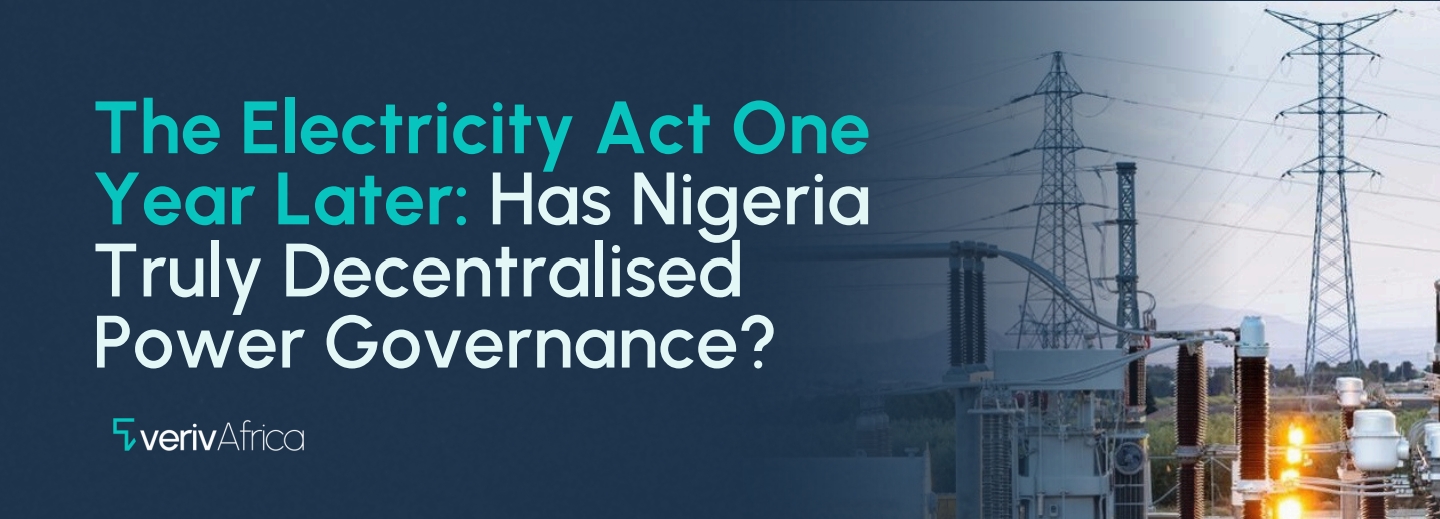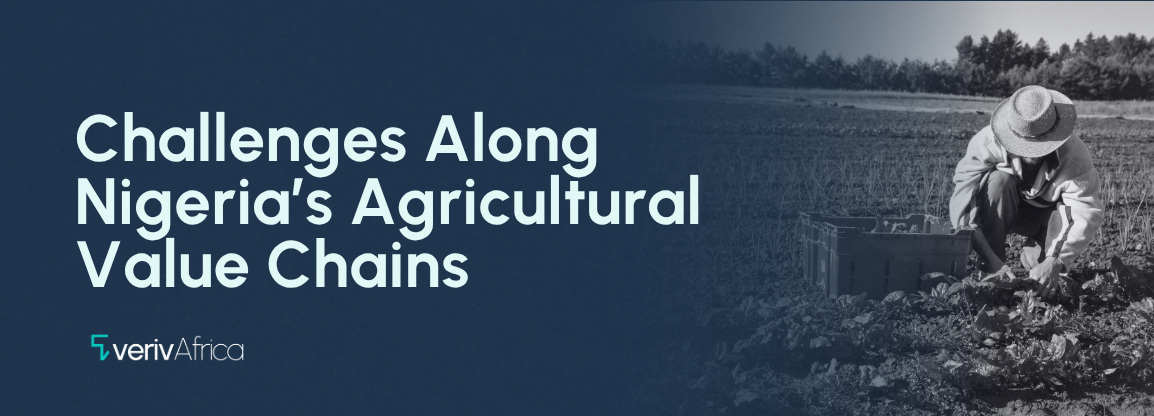Nigeria, endowed with vast mineral resources, has long sought to diversify its economy beyond its heavy reliance on oil. The urgency of economic diversification has become more pronounced due to the volatility of global oil prices, which continue to pose significant fiscal risks. Despite various policy efforts to promote alternative sectors, the country remains overly dependent on oil revenues, making it vulnerable to external shocks.
The mining sector, with over 44 commercially viable minerals spread across different states, offers a viable pathway for economic expansion. However, Nigeria’s inability to harness these resources effectively has impeded its economic transformation. Illegal mining has emerged as a major obstacle to the formalisation and growth of Nigeria’s mining industry. While the sector has the potential to contribute significantly to Gross Domestic Product, job creation, and foreign exchange earnings, illegal mining has stifled its progress.
Overview of Nigeria’s Mining Sector
Nigeria’s mining sector is endowed with over 44 minerals in commercial quantities spread across various states. These minerals include gold, limestone, coal, bitumen, iron ore, and baryte. Despite its vast mineral wealth, the sector remains largely underdeveloped and contributes minimally to the nation’s GDP, accounting for 0.75% as of 2023.
Although its contribution to the country’s GDP is low and declined from 2022 to 2023, the mining sector has been a source of employment, especially through artisanal and small-scale mining activities. It is, therefore, not surprising that there has been a general increase in mineral production over the years. Also, the increase may be a result of the government’s attempts to reform the sector and formalise those engaged in illegal mining activities. It may also be due to a rising demand for minerals, especially critical minerals that drive industrialisation.
The sector has also been a growing source of revenue for the government. Data from the Nigeria Extractive Industries Transparency Initiative shows a consistent year-on-year increase in revenue from the solid minerals sector to the federation account over the years.
Although mineral production and revenue have steadily increased, the quantity of exported minerals dropped in 2023. According to a report by Neiti, there was a 90% decline in the tonnes of exported minerals from 2022 to 2023. This decline likely highlights how persistent illegal mining activities will lead to fewer exports and eventually rob the country of some needed revenue from export proceeds.
Historically, the mining sector has been prominent in Nigeria’s economy. This sector used to account for about 4% of the country’s GDP from the 1950s to the 1970s. However, as the oil boom captured the attention of Nigerian political leaders, the sector suffered neglect for years. Although the previous and current administrations have been keen on reviving the sector, especially to drive economic diversification, the sector is yet to reach a quarter of its potential in the country.
Issues in the Mining Sector
- Low Financing and Investment: As banks tend to be risk-averse, especially towards Greenfield mining, players in the mining sector struggle to get funding to support their projects. Beyond this, there is the issue of a low budget for the sector on the government’s side. Last year, the current Minister of Solid Minerals Development, Dele Alake, revealed Nigeria’s exploration budget was ranked 12th in Africa by S&P Global Ratings, as it got about $2.5 million in investments. This amount is significantly lower than the exploration budget of a country like Côte d’Ivoire, which recorded $147 million. This low budget is still evident in the proposed 2025 budget, as only ₦9 billion was allocated for capital expenditure, significantly below the ₦531 billion recommended by the Ministry of Solid Minerals Development. Beyond public funding, private investment in the sector is low, as well. Nigeria attracted about 0.12% of global exploration investments, which is far below the West African average of 5%. Evidently, there is an issue of underfunding, which further limits the sector’s potential.
- Persistent Insecurity: A common risk that seems peculiar to mining regions in the country is insecurity. According to a report by ENACT, the obstinate banditry crisis in north-western Nigeria thrives on illicit gold mining in Zamfara. Aside from Zamfara, other states like Katsina, and Niger states have witnessed cases of illegal mining, which seem to have become a major source of funding for criminal networks. There have been reports of armed groups taxing artisanal miners in exchange for protection, while illicit gold and lithium are smuggled across Nigeria’s porous borders to various countries. This challenge occurs amid the government’s persistent fight against bandits. There is an urgent need to restore security, as insecurity hurts the large-scale mining operations, ultimately hampers Nigeria’s economic diversification goals.
- Environmental and Social Side Effects: Alarmingly, illegal mining activities pose a significant risk to the environment, as these activities can strip away topsoil, destroy forests, and contaminate water sources, especially with the use of hazardous chemicals. One of the most alarming examples is the lead poisoning crisis in Zamfara, where over 400 children died in 2010 due to lead-contaminated dust from gold mining. Illegal mining also exacerbates socioeconomic inequalities, particularly in rural communities where legal employment opportunities are scarce. There are also cases where child labour is rampant, with reports indicating that children as young as six years old are forced to work in hazardous mining conditions, particularly in Nasarawa, Kebbi, and Osun states. For instance, in Nasarawa, dozens of child miners work long hours extracting lithium—a mineral in high demand due to the global electric vehicle (EV) boom. These children face severe health risks and are often exposed to dangerous levels of dust, toxic chemicals, and unstable mine pits.
- Revenue loss to the government: One of the most significant economic impacts of illegal mining is revenue loss. NEITI estimates that Nigeria loses approximately $9 billion annually to illegal mining and gold smuggling alone. These unauthorised activities divert government revenue and deter legitimate investments in the sector, thereby weakening the country’s economic diversification efforts. The problem is particularly acute in the North West region, where illegal and artisanal miners account for nearly 80% of mining operations. The unstructured nature of these activities prevents the mining sector from evolving into a well-regulated industry capable of driving economic transformation.
Ironically, despite its vast mineral wealth, Nigeria has become an importer of essential minerals such as iron ore and salt, highlighting inefficiencies in resource management. If properly harnessed, the mining sector could significantly boost industrialisation, create jobs, and enhance Nigeria’s foreign exchange earnings. However, without addressing the deep-rooted challenges in the industry, especially illegal mining, Nigeria’s aspirations for a diversified and competitive economy will remain elusive.
Government Initiatives and Policy Responses So Far
Recognising the persistent challenges hindering Nigeria’s mining sector, the federal government has undertaken reforms to revitalise the industry, curb illegal activities, and improve its overall contribution to economic diversification. Central to these efforts is establishing the Nigerian Solid Minerals Corporation, a government-backed entity that oversees sectoral development and investment promotion. Also, the government has proposed amendments to the Nigeria Minerals and Mining Act to strengthen regulatory enforcement, enhance transparency, and promote local content participation. Notably, new tax incentives and repatriation-friendly policies are being introduced to allow multinational mining firms transfer profits abroad, an issue that created friction during the previous administration’s tenure. By easing restrictions on capital flows, the government hopes to boost investor confidence and encourage global mining giants to establish long-term operations in Nigeria.
As part of regulatory overhauls, the revised guidelines for Community Development Agreements (CDAs) now require mining companies to secure the consent of host communities before applying for mining licenses. This initiative is expected to mitigate land disputes, foster local participation, and ensure mining operations directly benefit local populations.
The federal government also adopted a “use it or lose it” policy to curb speculative licensing and hoarding of mineral titles. In April 2024, it revoked 924 dormant mining licenses spanning exploration, mining, small-scale mining, and quarrying. This decisive action aims to eliminate inactive operators and open up more opportunities for serious investors willing to develop Nigeria’s mining assets.
The government recently recruited 2,200 mining marshals to tackle illegal mining, a special security task force dedicated to protecting mining assets and dismantling illegal mining syndicates. So far, dozens of individuals have been arrested for their involvement in illicit mining operations, marking one of the most aggressive crackdowns in recent years.
On the persuasive side, the government is encouraging artisanal miners to form cooperatives to legalise their activities and gain access to finance, equipment, and technical training. About 250 new artisanal mining cooperatives were launched, signalling a shift toward formalisation.
What Else Can Be Done?
A number of reforms are currently being implemented in the sector, but there is more to be done. To address the issue of low financing and investment, it is crucial for the government to establish a robust mining finance ecosystem. Such an ecosystem can leverage local financial markets to support exploration and project development. There is a high possibility that a well-structured mining finance ecosystem, anchored in the Nigerian capital market, will drive sustainable funding for the sector.
The role of modern technology needs to be re-emphasised, as advanced technology involving satellite imaging and drone surveillance can help track and tackle illegal mining and enhance the sector’s efficiency. Aside from deploying robotics and artificial intelligence to support the fight against insecurity in mining zones, the government can further implement blockchain technology in mineral supply chains to boost traceability and transparency, which will further reduce illicit mineral trade and smuggling opportunities. For instance, Rwanda has intensified its crackdown on illegal mining by deploying drones for aerial surveillance, leading to the arrest of over 20 ringleaders and identifying illicit operations across mineral-rich districts like Rulindo, Musanze, Kamonyi, and Rwamagana. The country has adopted a tech-driven approach, which entails not only dismantling illegal sites but also promoting environmental protection and encouraging informal miners to join legal cooperatives.
Local communities must actively participate in the industry’s growth for mining activities to be socially inclusive and environmentally responsible. Ensuring that host communities benefit directly from mining operations is key to reducing the incentive for illegal mining and promoting long-term stability in mining regions.
Sustainability must also be a core focus of Nigeria’s mining industry. To mitigate ecological damage, stricter environmental regulations should be implemented on waste disposal, land reclamation, and water management. Mining companies must be mandated to implement biodiversity protection measures, conduct environmental impact assessments, and develop restoration plans for mined-out areas. Incentives such as tax breaks for companies that meet environmental sustainability standards can encourage compliance.
Illegal mining poses a multifaceted threat to Nigeria’s economic diversification aspirations, undermining government revenue, security, environmental sustainability, and human capital development. Addressing this challenge requires a comprehensive and multi-pronged approach, incorporating policy reforms, financial innovation, technological advancements, and community engagement.
References
Associated Press. (2024, December 11). In Nigeria's lithium boom, many mines are illegal and children do much of the work. AP News
BusinessDay. (2024, May 8). Insecurity, funding hurdles stifle Nigeria's mining sector growth – Minister. BusinessDay. https://businessday.ng/news/article/insecurity-funding-hurdles-stifle-nigerias-mining-sector-growth-minister/
ENACT. (2020, November 19). Illegal mining and rural banditry in North West Nigeria: Responses, successes and challenges. ENACT Africa. https://enactafrica.org/research/policy-briefs/illegal-mining-and-rural-banditry-in-north-west-nigeria-responses-successes-and-challenges
Federal Ministry of Information and National Orientation. (2024, April 24). FG revokes 924 dormant mining licenses. https://fmino.gov.ng/fg-revokes-924-dormant-mining-licenses/
FurtherAfrica. (2025, February 17). Rwanda deploys drones to combat illegal mining, protect environment. FurtherAfrica. https://furtherafrica.com/2025/02/17/rwanda-deploys-drones-to-combat-illegal-mining-protect-environment/
Médecins Sans Frontières. (2018). Lead poisoning crisis in Nigeria: Unregulated gold mining causing critical health emergency. MSF. https://www.msf.org/sites/default/files/2018-06/MSF-Nigeria-Lead.pdf
Nairametrics. (2025, January 20). FG seeks global mining partnerships to boost economy. Nairametrics. https://nairametrics.com/2025/01/20/fg-seeks-global-mining-partnerships-to-boost-economy/
Nigeria Extractive Industries Transparency Initiative. (2024, December). Solid minerals audit report 2023. NEITI. https://neiti.gov.ng/cms/wp-content/uploads/2024/12/NEITI-SMA-REPORT-2023.pdf
Punch Newspaper. (2024, March 22). Smoke out illegal miners, FG tells 2,200 new mining marshals. Punch. https://punchng.com/smoke-out-illegal-miners-fg-tells-2200-new-mining-marshals/
Punch Newspaper. (2024, November 13). FG forms cooperatives for 250 artisanal miners to curb illegal mining. Punch. https://punchng.com/fg-forms-cooperatives-for-250-artisanal-miners-to-curb-illegal-mining/
The Nigerian Economic Summit Group. (2024, November 27). Transforming Nigeria's mining industry: Aligning policies with the African Union's African Mining Vision (AMV) for enhanced governance and investments. NESG. https://nesgroup.org/blog/Transforming-Nigeria%E2%80%99s-Mining-Industry%3A-Aligning-Policies-with-the-African-Union%E2%80%99s-African-Mining-Vision-%28AMV%29-for-Enhanced-Governance-and-Investments










